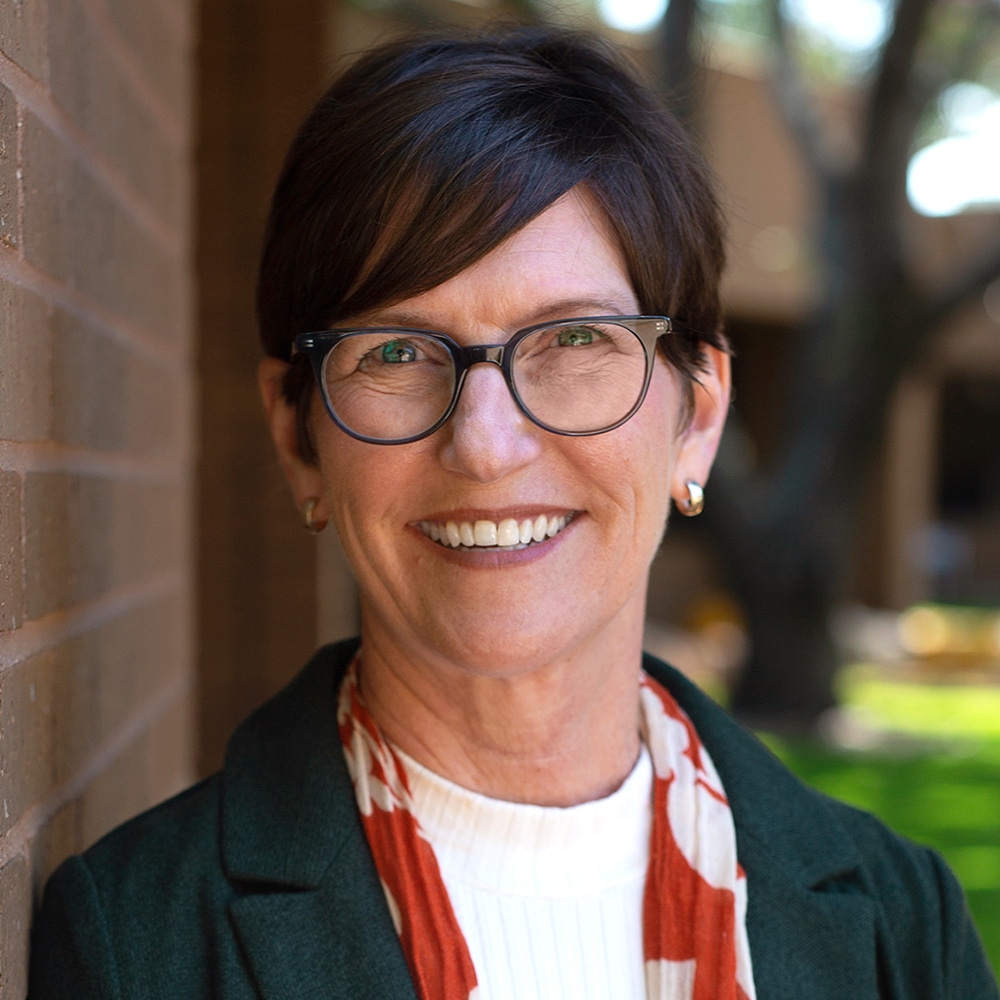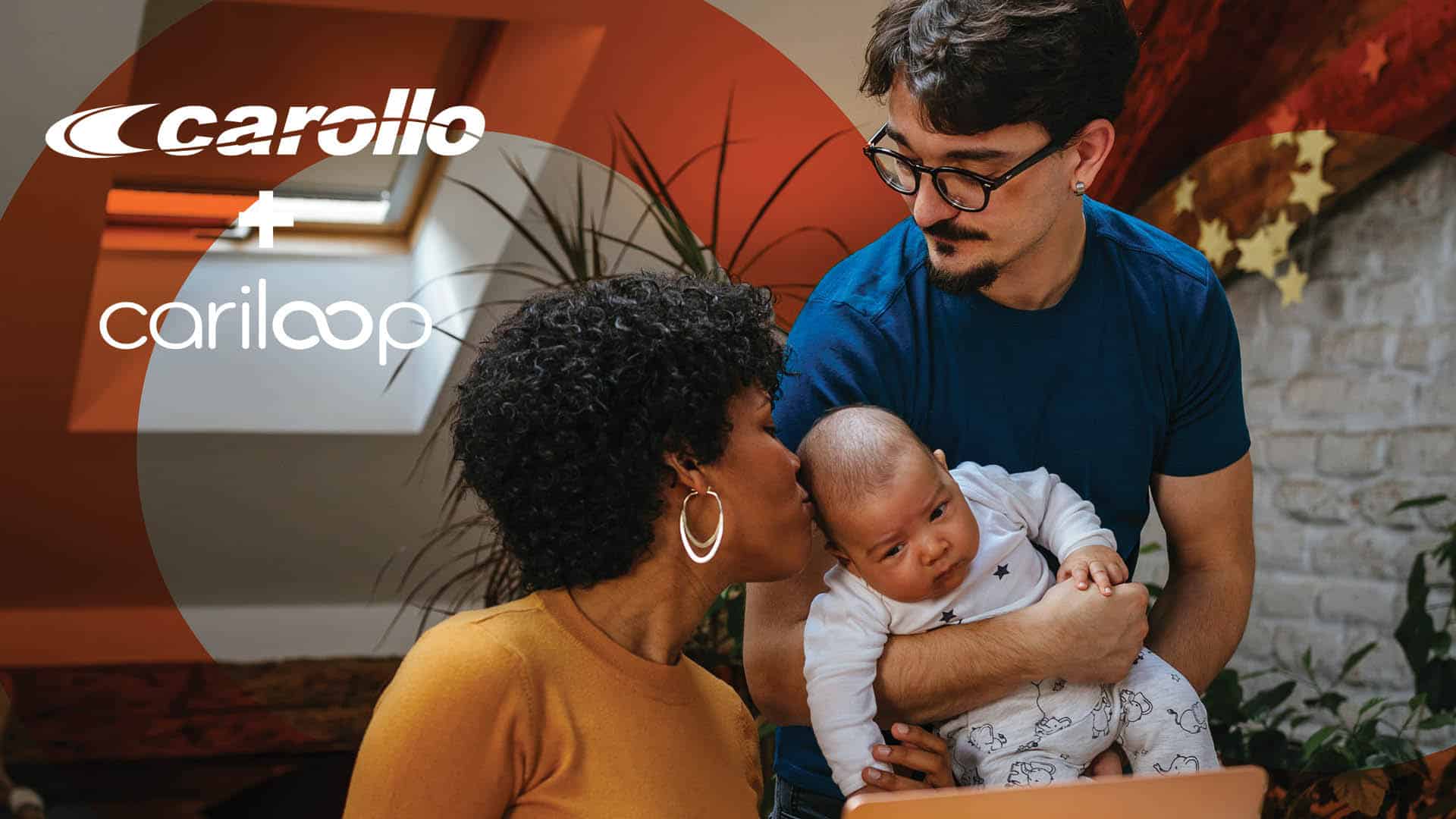This post was originally posted on Mindful Return in an ongoing collaboration. Find the original post here.
You’re a working parent taking care of your children. You’re also caring for your own aging parents, either up close or from far away. Your schedule is constantly booked and changing, with new appointments for your loved ones added to the list every day. You’re considering taking a leave from work, but you’re not sure if it’s possible. You’re busy, you don’t get much time for yourself. You’re a part of the sandwich generation.
In 1981, a social worker named Dorothy Miller invented the phrase “sandwich generation” to describe women who were the primary caregiver of their aging parents and young children. Now, the sandwich generation is a population of individuals who are responsible for the care and support of two generations: their aging parents or elderly relatives and their own children. They’re caregivers, giving time for their loved ones’ care coordination, appointments and so much more.
Unfortunately, the stress and anxiety felt when caring for loved ones can be overwhelming:
- 66% of sandwich generation caregivers feel “very stressed” or “somewhat stressed” about affording their financial obligations over the next 10 years
- 84% of caregivers whose parents need daily help say their parents also rely on them for emotional support at least some of the time
- Populations in the U.S. and Canada are projected to only get older with time, meaning more people are entering the sandwich generation and those in the sandwich generation will be caring for an increasing number of adults over 65.
How to Balance It All
So how do you make sure your career, your loved ones and your own needs are getting the attention they deserve? Here are a few key ways our Care Coaches at Cariloop recommend:
Make a Schedule that Works: When you’re juggling so many priorities and needs from different loved ones, keeping your calendar straight can help limit the chaos. Create a plan for your day, week or month that includes time for your caregiving duties and taking care of your own needs. Write down when you’ll help your parents, your child and yourself. Know that it’s okay to have things shift or change.
Ask for Help: At Cariloop, we say that no one should go through caregiving alone. Reach out to family members, friends or neighbors who can help look after your kids one or two days or cut your grass every week. Accepting and asking for help isn’t a form of defeat, it’s an acknowledgment of your humanity. Additionally, explore options within your benefits offering. What programs or services catered to caregiving or working parents do you have access to? Utilize what you already have at your fingertips; it’s never too late to reach out for help.
Practice Self-Care: This is a drum we will beat forever – take time to care for yourself. Those caring for their loved ones are more likely to have health problems, higher stress and increased mental health needs. Self-care isn’t a luxury, it’s essential. When you take care of your own needs, it actually leads to better care for your loved ones, and you’ll have more energy to balance work and home life. Self-care can be:
- A walk
- Reading a new book
- Time alone, even five minutes
- Scheduling your yearly medical appointments
- Spending time with friends
Learn Often: The good news is that you’re not the first person to be a caregiver in the sandwich generation. There are resources available to support caregivers in your situation. If you’re considering taking a leave of absence, ask your employer about options and opportunities before you go. Look into local support groups, online forums or community organizations that offer assistance. Additionally, your company might have benefits for caregivers or working parents, make sure to explore if there are resources like this available.
Members of the sandwich generation take on a uniquely demanding role every day. When you’re balancing a career with caring for multiple loved ones, it can easily get overwhelming. Remember that seeking help and accessing resources are not signs of weakness, but acts of strength. You never have to go through caregiving alone.
Whether you are a sandwich generation caregiver, know someone who is or may become one in the future, it’s important to remember there is no easy “cure-all” to caregiving stress. Some days it can be a bit harder to manage than others, but with a mindful and holistic approach to balancing your responsibilities and priorities, caregiving transforms from a demanding responsibility to a balanced and often very rewarding part of a busy schedule.
Author Spotlight

Wendy Whittington, M.D., MMM
Dr. Whittington is a board-certified pediatrician with 30+ years of experience in healthcare. As Cariloop’s Chief Care Officer, she is passionate about changing healthcare for the better. She believes supporting family caregivers is the right thing to do and solves some of our healthcare system’s biggest problems.



